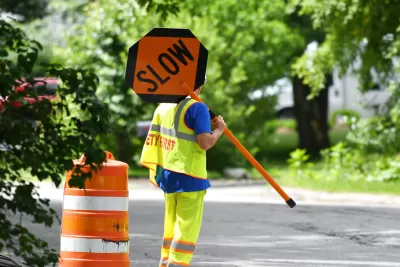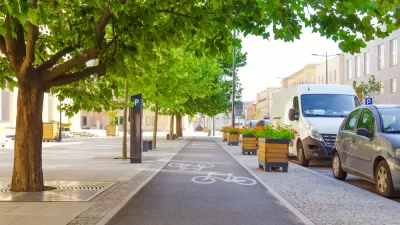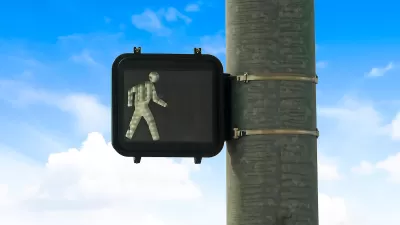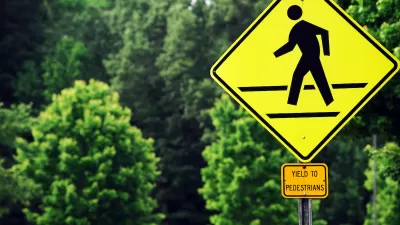New federal grant programs are injecting millions of dollars into road safety projects in an effort to stem the alarming growth of traffic deaths on U.S. roads.

Writing in Governing, Jared Brey highlights projects receiving the first $800 million in federal grant funding from the U.S. Department of Transportation’s Safe Streets and Roads for All (SS4A) program.
In Seattle, they’re building new sidewalks, speed cushions, protected bike lanes and ADA accessible curb cutouts. In Philadelphia, they’re constructing pedestrian refuge islands and traffic signal modifications. In Louisville, they’re reconfiguring — or “rightsizing” — 10 streets to reduce speeds and improve traffic safety.
While “Many cities have laid the groundwork for projects by studying their high-injury networks and creating plans for intervention on specific streets and intersections,” others still need help completing the necessary studies. “The first round of awards included 474 grants for planning work and 37 grants for implementation,” Brey writes, adding that “The program is a unique opportunity for direct funding to cities, which often have to work through state departments of transportation to fund urban street projects.” This could speed up the process for making streets safer and give cities more control over local projects.
Brey describes two other traffic safety programs funded by the Infrastructure Investment and Jobs Act and the Inflation Reduction Act: a pilot program funding wildlife crossings and grants focused on improving walkability in neighborhoods harmed by infrastructure projects and enhancing safety around railroad crossings.
FULL STORY: Feds Hand Money to Cities for Safer Streets and Resilient Infrastructure

Planetizen Federal Action Tracker
A weekly monitor of how Trump’s orders and actions are impacting planners and planning in America.

Maui's Vacation Rental Debate Turns Ugly
Verbal attacks, misinformation campaigns and fistfights plague a high-stakes debate to convert thousands of vacation rentals into long-term housing.

San Francisco Suspends Traffic Calming Amidst Record Deaths
Citing “a challenging fiscal landscape,” the city will cease the program on the heels of 42 traffic deaths, including 24 pedestrians.

Defunct Pittsburgh Power Plant to Become Residential Tower
A decommissioned steam heat plant will be redeveloped into almost 100 affordable housing units.

Trump Prompts Restructuring of Transportation Research Board in “Unprecedented Overreach”
The TRB has eliminated more than half of its committees including those focused on climate, equity, and cities.

Amtrak Rolls Out New Orleans to Alabama “Mardi Gras” Train
The new service will operate morning and evening departures between Mobile and New Orleans.
Urban Design for Planners 1: Software Tools
This six-course series explores essential urban design concepts using open source software and equips planners with the tools they need to participate fully in the urban design process.
Planning for Universal Design
Learn the tools for implementing Universal Design in planning regulations.
Heyer Gruel & Associates PA
JM Goldson LLC
Custer County Colorado
City of Camden Redevelopment Agency
City of Astoria
Transportation Research & Education Center (TREC) at Portland State University
Jefferson Parish Government
Camden Redevelopment Agency
City of Claremont





























